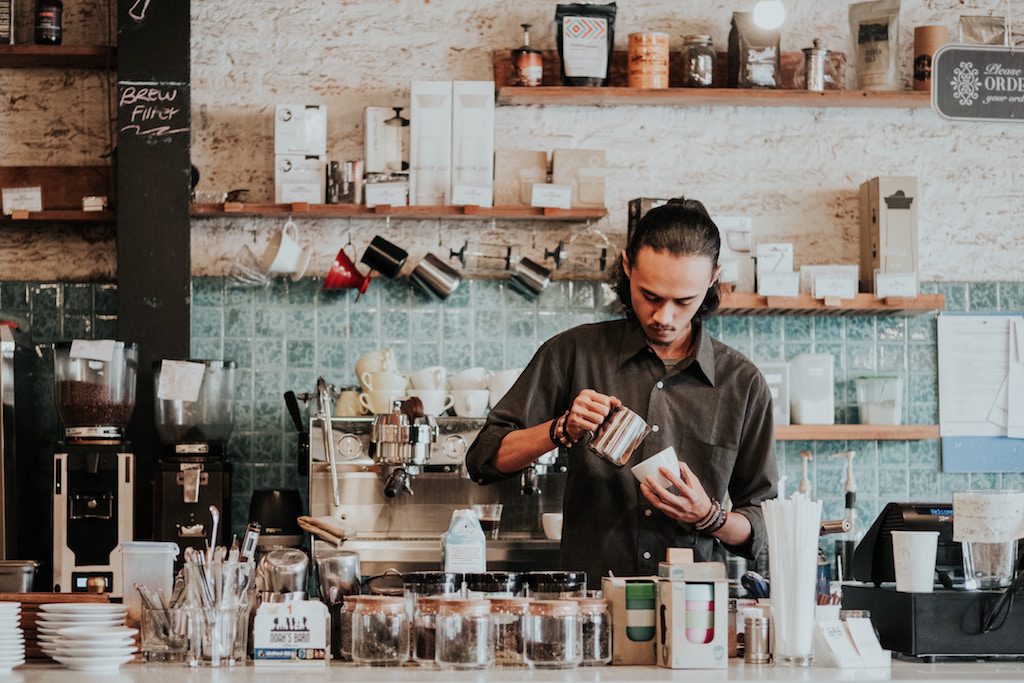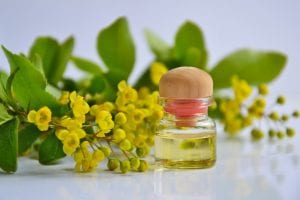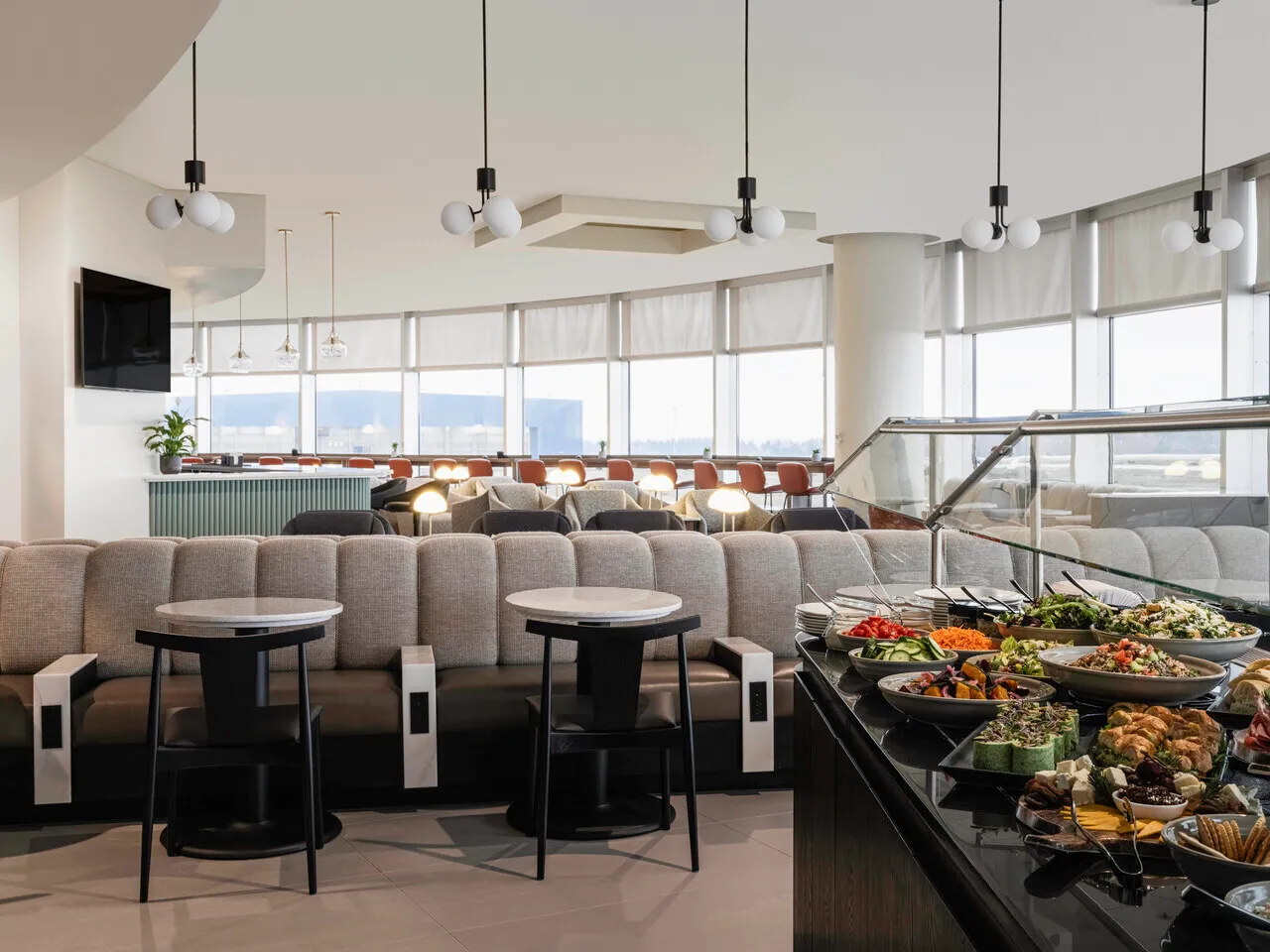Recent Ban on CBD Edibles Won’t Halt Momentum

Skift Take
The New York City Department of Health and Mental Hygiene last week issued a ban on the use of CBD (more formerly known as cannabidiol, a non-psychoactive chemical component of cannabis) in food and beverage items sold in restaurants, bars, and cafes.
Los Angeles, Maine, and Ohio have also recently seen similar crackdowns by city and state officials. These restrictions on sales are due in part to the fact that federal regulators haven’t had a chance to set standards for this burgeoning category. In the case of New York City, the Department of Health is following federal guidelines that CBD is “not safe as a food additive.”
Considering that CBD tinctures aren’t difficult to find or order online, people can (and will) still make infused food and drinks on their own. Moreover, entrepreneurs in the space (other than restaurant, bar, and cafe owners) haven’t seen the recent restraints as too big of a roadblock.
Take Prima, a startup in the CBD space created by Christopher Gavigan, the co-founder of The Honest Company. Prima has yet to launch any products, but it has already received $3.3 million in funding based on plans to create a spate of “emerging beauty and pain management” products around hemp cannabinoids. The goal is to expand into ingestible products, too –– but while regulators sort out their stance on what’s safe, the company will have plenty of other items to launch. Gavigan, who likes “very nascent, stigmatized markets,” seems up for the challenge.
Meanwhile, upscale retailer Barneys is getting in on the cannabis trend with the announcement of its new shop, “The High End,” at its Beverly Hills location. While it seems that much of the concept space will focus on luxe marijuana accessories like ashtrays and storage boxes, it’s a natural fit to include CBD products, too.
No matter how long the FDA hurdles last for CBD edibles, we predict the category overall will still be on pace to reach the market estimate of $22 billion by 2022, considering the number of players eager to enter the game.
For feedback or news tips, reach out via email at lb@skift.com or tweet me @lesliebarrie.
— Leslie Barrie, Wellness Editor
CBD
 The Honest Company Co-Founder Launches New CBD Startup: There’s no go-to brand in the CBD space at the moment, considering the category is so new. But Christopher Gavigan, co-founder of The Honest Company, is hoping to change that with his new startup, Prima. Gavigan knows the ins and outs of establishing a wellness-focused brand. Investors, it seems, like his resume, too. The 7-month-old startup has already raised $3.3 million in seed funding. Read more here.
The Honest Company Co-Founder Launches New CBD Startup: There’s no go-to brand in the CBD space at the moment, considering the category is so new. But Christopher Gavigan, co-founder of The Honest Company, is hoping to change that with his new startup, Prima. Gavigan knows the ins and outs of establishing a wellness-focused brand. Investors, it seems, like his resume, too. The 7-month-old startup has already raised $3.3 million in seed funding. Read more here.
Barneys to Open a Luxury Cannabis and Wellness Shop: Dubbing it “The High End,” upscale retailer Barneys is partnering with the cannabis brand Beboe to create a dedicated space in its Beverly Hills store for luxury cannabis-themed goods, like pipes, bongs, and storage boxes –– CBD products will likely be sold too. Though it can’t legally sell weed and edibles, it will offer information on how customers can order online. Read more here.
Beauty & Spa
Companies Get In on Beauty Products That Work While You Sleep: To take advantage of the booming beauty-meets-wellness trend, more brands are launching products that improve your skin while you snooze. Younger brands like Algenist, as well as industry mainstays like Murad, have introduced overnight treatments, while beauty company This Works, which already offers sleep-themed products, is debuting a new post-sleep collection next month. As the beauty-meets-wellness and sleep categories continue to grow, we’ll probably see even more snooze-oriented goods on shelves soon. Read more here.
Food & Beverage
How Alternative Milk Became a Billion Dollar Industry: If you wanted an alternative to milk a decade ago, you’d have to opt for soy or scour the health food aisle for a rice-based drink. Now, grocery shelves are brimming with options. Not only do more people believe that milk alternatives are better for them, but they like their lower environmental impact and animal cruelty-free cred. Still, critics say some plant-based drinks are more of a marketing ploy than an actual health drink. Either way, the hype is working. Read more here.
Mind & Body
How Gwyneth Paltrow Came to Dominate Wellness: Gwyneth Paltrow started the Goop newsletter at her kitchen table 10 years ago. Since then, she’s built the brand into a wellness empire (albeit a highly criticized one) now worth $250 million. Paltrow just opened a retail space in Notting Hill (joining two other locations in New York and Los Angeles) and announced an upcoming Netflix show and a podcast deal with Delta Air Lines. The brand also hosts summits and has a magazine and book publishing imprint. What’s the secret behind her success? It’s what she calls "contextual commerce,” or having a purpose behind each item that’s sold or created. A little star power probably doesn’t hurt the brand, either. Read more here.
Travel
Kaiser Permanente Wants Passengers to Chill Out at the Airport: The airport probably tops the list of most stressful places for many people. In a smart marketing strategy, Kaiser Permanente is looking to change that by transforming Oakland International Airport’s Terminal 2 into a zen space (if that’s actually possible). The terminal will be complete with clouds hanging from the ceiling, a green “living” wall full of plants to improve air quality, and signs that remind passengers to breathe and relax. It’s wise for the healthcare company to align itself with wellness rather than just medical care, given consumer frustration with today’s health care system. Read more here.
Skift Wellness Editor Leslie Barrie [lb@skift.com] curates the Skift Wellness newsletter. Skift emails the newsletter every Thursday.





